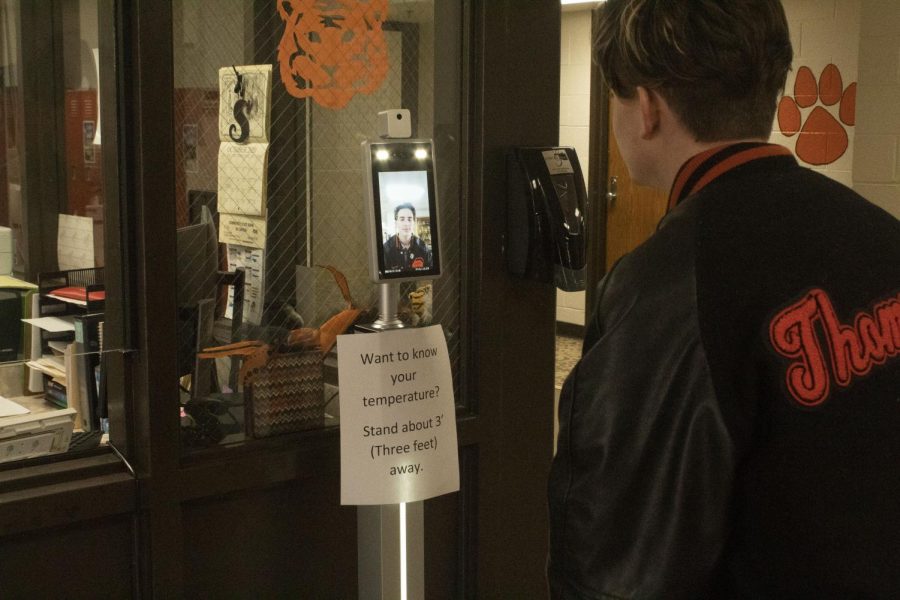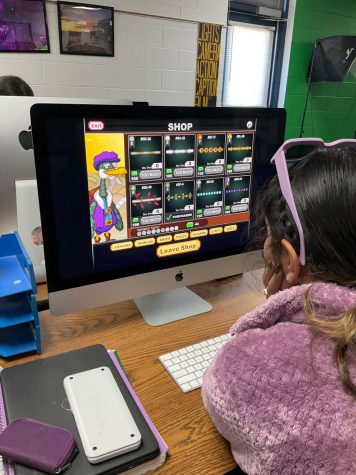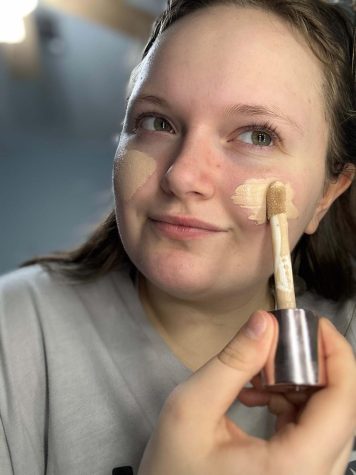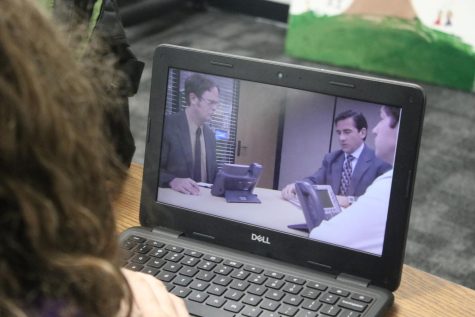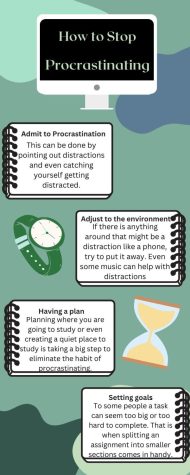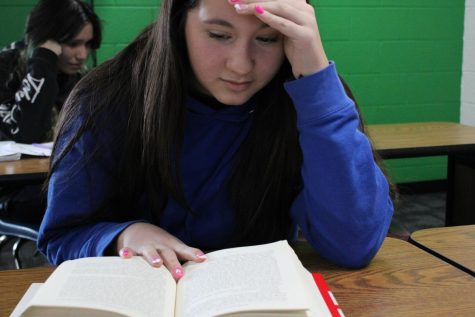Answers to Popular Questions Regarding Prevention of Viruses
With flu season coming, and COVID being here, people need to know how to stay healthy (if staying healthy is even possible). Minds are racing with questions about what does or does not work in these uncertain and seemingly unhealthy times. Everyone knows to wash his hands, but what are other steps people can take to stay healthy>
Does taking allergy pills to help prevent the flu and COVID?
Allergy pills do not prevent COVID-19 or the flu. Many studies say there is no evidence that antihistamines help relieve cold symptoms in children. In adults however, antihistamines can be taken when people have the flu because they block the effect of histamine and help relieve such annoying symptoms as sneezing, itching, and nasal discharge.
Does what you eat affect your chances of the flu and COVID?
Apparently, getting sick with COVID-19 from eating or handling food such as frozen food and produce food packages is considered a very low risk. At the moment there is no evidence that people can get COVID or the flu from food.
Eating foods such as fruits, vegetables, whole grains, lean protein, low-fat dairy, and healthy fats can actually help boost the immune system and decrease the chance of getting COVID or the flu. Good foods to eat are sweet potatoes, winter squash, dark green veggies, and carrots.
Does a good sleep schedule help prevent the flu and COVID?
Studies show that when people get a good night’s sleep and are well rested, they have a better immune system. When people do not get enough sleep, it can make vaccinations not work as efficiently. Having a regular sleep schedule can make it easier to fall asleep. People should avoid eating and drinking a lot before bed.
Can breathing differently help prevent illness?
Research shows that when walking past a big group of people, people should breathe out and try to hold their breath. Students in a crowd should gently and slowly breathe out until they are beyond the 6 feet social distancing guideline.
Does regular exercise help prevent viral illness?
Physical activity makes a healthy immune system, and when people have healthy immune systems, their chances of getting an illness decreases. Exercise also helps flush bacteria out of the lungs and airway which can reduce the chance of getting a cold, flu, or other illness. Exercise also relieves stress. Stress can increase the chance of getting viral illnesses.
Does spending more time outdoors help prevent illnesses like the flu?
COVID-19 and the flu can be spread by people sneezing or breathing and other people inhaling the droplets. When outside, fresh air is constantly moving so it is harder to catch illnesses. Being outside can also help people with stress, anger, depression, or tension, all which weaken the immune system.

Kylie is a senior and this is her fifth year in newspaper. Kylie is excited to see what this year brings. Kylie decided to join media because it has always...

